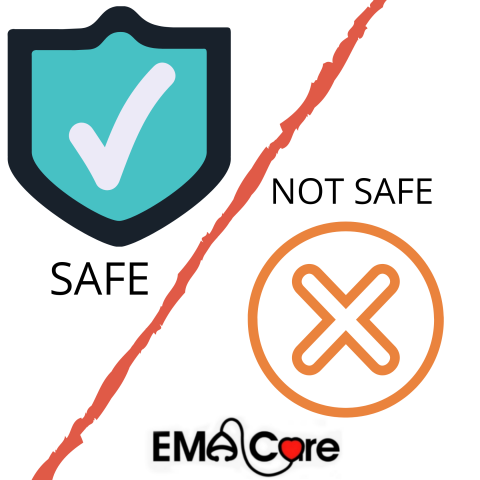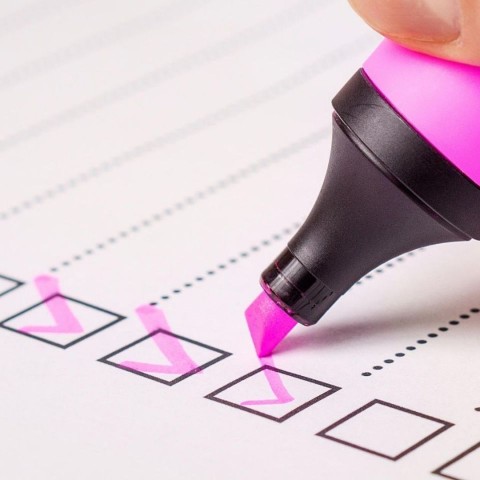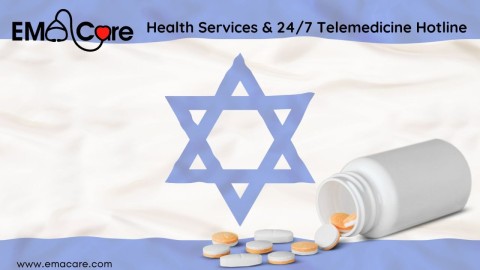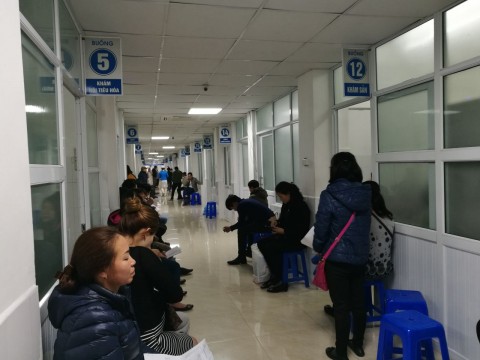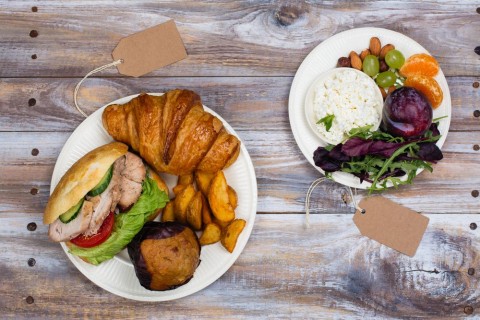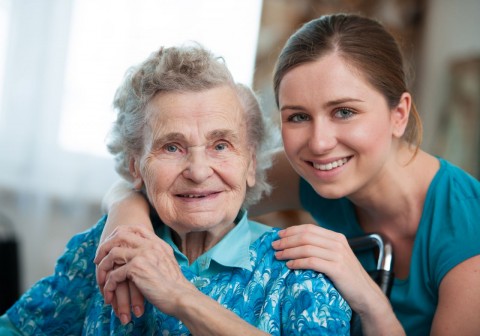Social Activities – High or low risk?
After months of tight restrictions and lockdowns, the wish for us to get out of our houses and engage in social activities is very high. Most people wish to take part in social activities but afraid of getting infected with the Coronavirus. Also, many people don't know which activities are safer than others. Here are some activities that are considered high or low risk. We hope that this list will help you make the right decisions about social interaction.
Weddings – high risk
Although the regulations in Israel still only allow weddings to be up to 10 people indoors and 20 people in an outdoor wedding. Many people are still worried about attending weddings. Throughout the COVID-19 pandemic weddings have been super spreaders. In fact, there is a strong correlation between the opening of wedding halls and the number of Coronavirus patients.
Jewish weddings are especially problematic. Jewish weddings are known to be one of the most important days in an individual's life. Many want to celebrate this day with all of their friends and family. This celebration can involve dancing and singing both of which are extremely dangerous for the spread of Coronavirus.
Even though the wedding halls are closed, many weddings are taking place in a manner that can endanger the people who attend. Remember: People who attend weddings still have to keep social distancing (2 meters) and wear masks. If they want to dance – they can do so by dancing by themselves in place. However, when we watch a loved one get married it is hard to resist gathering everyone together for a dance. This makes weddings extremely problematic and high risk for those who come.
The only way to have a safe wedding is to avoid dancing all together and have everyone wearing masks and keeping their distance from one another. Those who don't follow the rules need to be removed from the wedding or receive a warning.
Going to restaurants – low risk
Many people have questioned whether going to a restaurant is safe. Restaurants often have a small dining area, and it is often indoors. In addition, many people are worried about the spread of the Coronavirus through food.
Many restaurants have opened outdoor areas that have enough room to distance between tables. So, if the tables are at least 2 meters apart and outdoors, the risk of getting infected is very low.
The good news is that Coronavirus has never shown to spread through food, only its packaging. So, when someone orders food – the food isn't dangerous, but the platers, plates, and utensils can be. In order to make sure that everything is safe, we recommend that you wipe down the utensils, cups, and shared serving items (including bottles of water). This way the chance of getting sick is very low. It is also recommended that you make sure that all of the waiters are wearing their masks properly.
Gathering of friends – medium to low risk
People have been craving a chance to meet up with friends and see one another. If the gatherings are done in the right way they can be low risk, however in most cases people don't take the necessary precautions. Here is the way you can have a gathering safely.
- Keeping 2 meters – If you have a gathering of friends (people coming from different homes and environments) it is essential to keep social distancing rules very strictly. You can place chairs in a circle, measuring 2 meters between each chair. If you want to provide snacks and drink that you can put a few tables around the area with disposable utensils and plates and then have people approach the table, one person, at a time.
- Outdoor meetings – a cross breeze has been known to be the best way to stay safe. Therefore, we recommend that all outdoor gatherings are outside in the open air.
- Masks – everyone needs to wear facial masks – properly!
- Taking your temperature – Before having a social gathering it is perfectly alright to ask everyone who is coming to take their temperature before coming. Anyone who has even a slight fever should not come.
We recommend that you read all of our recommendations and apply them to almost every activity that you do whether is minyanim, shopping, or going to the grocery store. Taking the rules seriously is of utmost importance.
Going to a doctor's appointment – medium to high risk
Many people are postponing going to various doctors' appointments because they are scared to get infected with the Coronavirus. Most doctor's appointments are about 15 minutes long, depending on the type of doctor. However, sometimes there are delays. This creates a situation where many people are waiting in a small waiting room. Because most people come to the doctor's appointment when they aren't feeling well – this situation can be very problematic with coronavirus. The good news is, is that most doctors' offices take the patient's temperature before entering the office, so this lowers the risk.
We recommend that if you aren't feeling well, try telemedicine. Telemedicine is great for many health situations. You simply need to make an appointment and inform the secretary that it will be a telemedicine appointment. This way you can get a diagnosis and not have to risk getting infected with the Coronavirus.
Getting your hair and nails done – low to medium risk
Due to the recent lockdown, many people need to do some grooming like getting their nails done and getting a haircut. These types of stores are likely to open up soon, so many people will want to know what to do to stay safe and minimize their risk. Here are some things that you can do:
- Make sure your hairstylist or manicurists are wearing full protective gear before they work on you. Make sure they are wearing their facial masks properly (over the nose) and gloves. This will minimize the risk of catching anything.
- Make sure that the stores sterilize their equipment before and after each person. Manicurists specifically use tools on people's hands which have a high rate of contaminating others (unless they are 100% washed with soap and water). So, asking them to sterilize their equipment before and after each client is very reasonable.
- Make sure that there is a cross-breeze in the room. Make sure all of the windows are open and the air conditioning is on. This should minimize the risk of contamination.
Having a cleaning lady in your house – low to medium risk
Many people are worried about bringing someone into their home to clean their house. This is a very common concern, however, there is a way to do it safely. Most cleaning ladies work for some kind of service and they need to take their temperatures before they come to work. If you are still worried about it, you can take their temperature when they come into the house.
As mentioned before, it is important to have a great cross-breeze to lower the risk of Coronavirus. So, before the cleaning lady comes – open all of the windows and turn on the air conditioning. The cleaning lady should, of course, wear a mask, and gloves at all times. If they need to take a break to eat, then they can eat in a room with a lot of windows without anyone else in the room.
Going to the grocery store – medium risk
At the beginning of the pandemic in Israel, many people were getting sick from grocery stores. This has made people very nervous about going to food shopping. Grocery stores in Israel have a limited amount of people that they can have in the grocery store at the same time. So, this does limit the exposure, but here are some precautions that you can take.
- Wipe down the handle of the shopping cart before you use it. And Always wear gloves.
- Wear a facial mask properly and a face shield (if you have one)
- Try to shop quickly – try to limit the time in the grocery store to 15 minutes if possible.
- Wipe down your credit card and phone when you get home
- Wipe down any plastic containers or glass groceries that you get with alcohol wipes.
These things should help you feel more secure when you go grocery shopping.
When you subscribe to the blog, we will send you an e-mail when there are new updates on the site so you wouldn't miss them.

